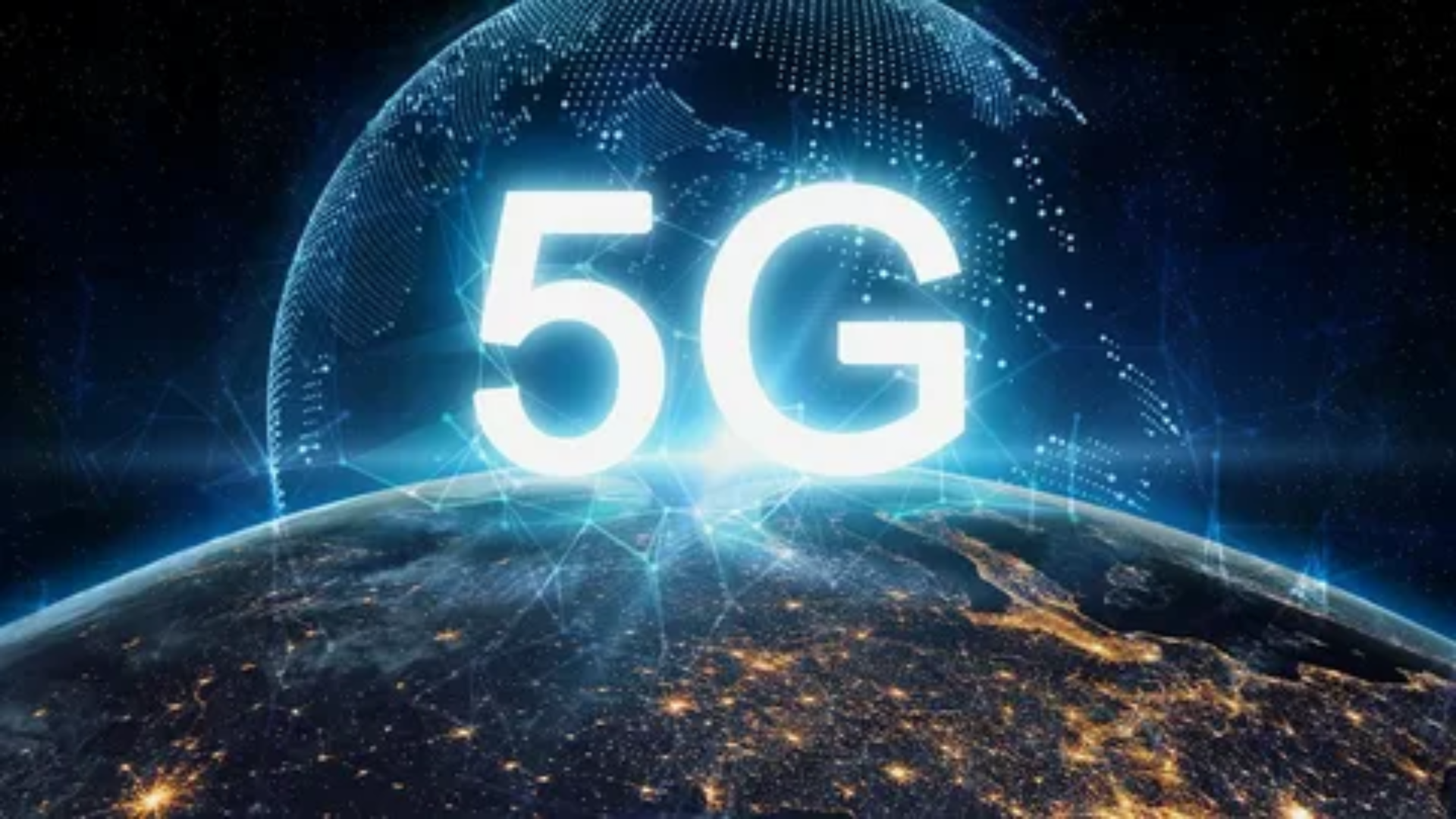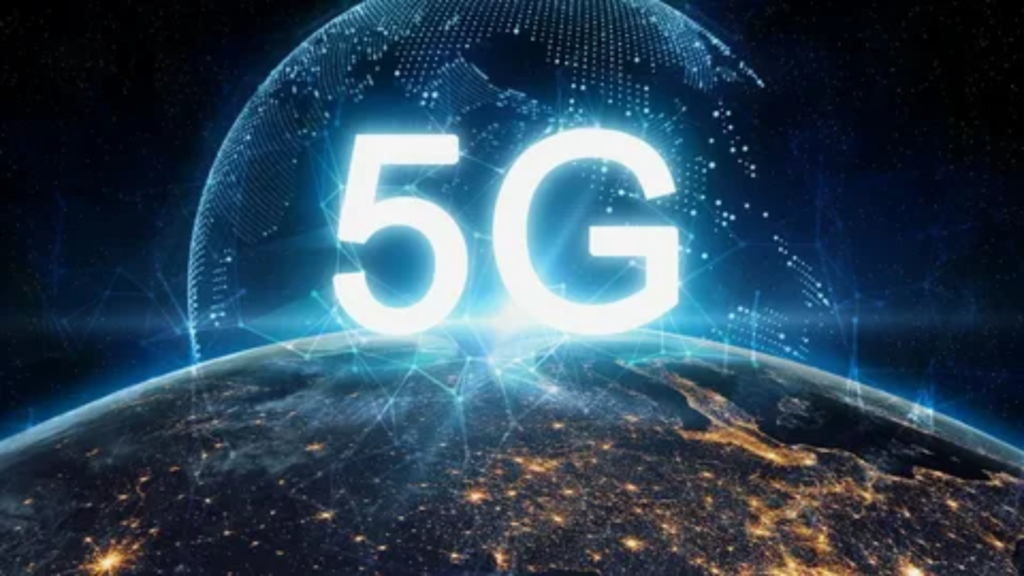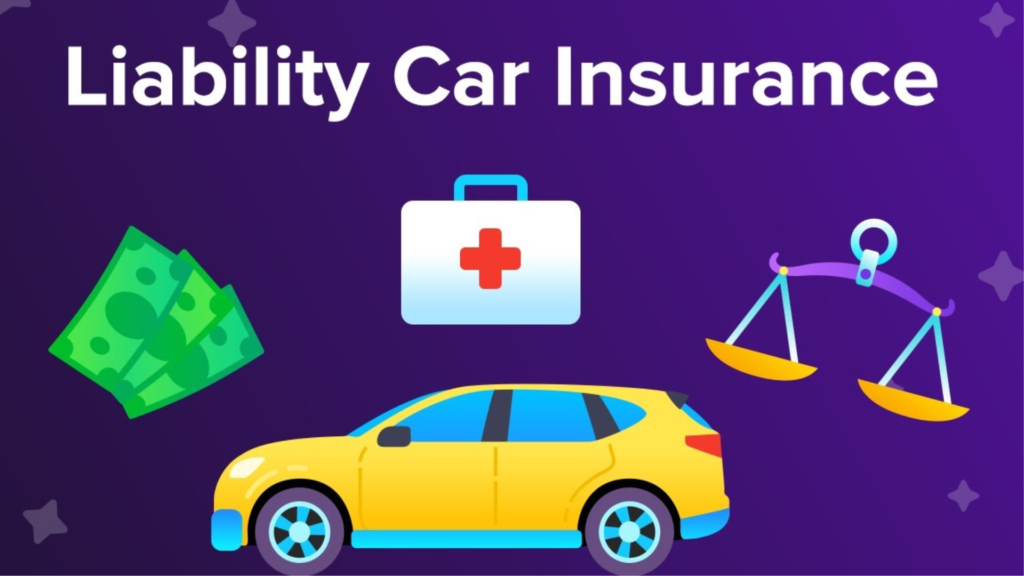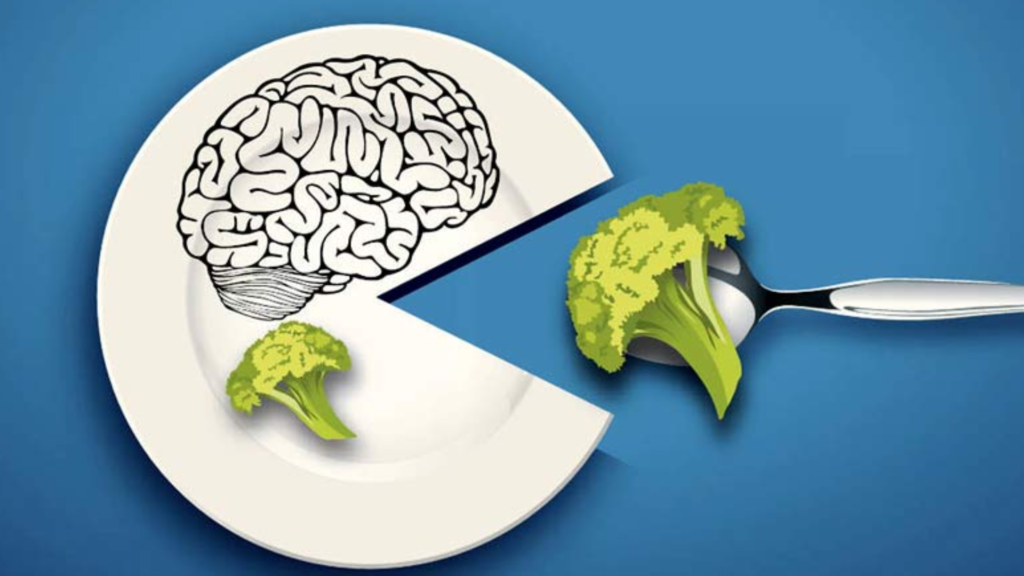We’ve all heard the buzzword “5G” floating around the tech world, but what does it actually mean? Simply put, 5G is the fifth generation of mobile network technology, following the previous 4G (LTE) network. The design aims to provide faster speeds, more dependable connections, and reduced latency. But 5G is not just about faster internet on your phone; it has huge implications for businesses and consumers alike.
In this article, we’ll dive into the world of 5G and explore what it means for both sides—how it will impact consumers in their daily lives and the opportunities it brings to businesses. We’ll also break down the benefits, challenges, and what the future holds for this game-changing technology.
What is 5G technology?
Before diving into its benefits, let’s first understand what 5G is and how it differs from 4G.
Faster Speeds: 5G promises download speeds that are up to 100 times faster than 4G. This means you can download movies, games, and apps in a matter of seconds.
Lower Latency: Latency refers to the delay before a transfer of data begins. 5G drastically reduces latency, making real-time communication and applications like video calls and gaming smoother than ever.
More Devices: 5G supports a significantly higher number of connected devices, which is ideal for the expanding number of smart devices we use every day.
Better Reliability: 5G offers more reliable connections, meaning fewer dropped calls and uninterrupted streaming.
5G isn’t just faster internet; it’s a completely new level of connectivity that will transform industries and daily life.
How 5G Will Impact Businesses
Now, let’s look at how 5G will benefit businesses across various sectors.
Enhanced productivity with faster connections.
In the business world, time is money. With 5G, companies can enjoy ultra-fast internet speeds that will significantly improve workflows. Here’s how:
Cloud Services: Faster internet speeds mean quicker access to cloud-based applications and services. This will help businesses operate more efficiently, especially for remote teams.
Real-Time Collaboration: Video conferencing, file sharing, and project management tools will all benefit from 5G’s lower latency. Teams can collaborate in real time without worrying about lag or buffering.
For example, imagine a business working remotely across different parts of the globe—5G makes it possible for everyone to stay connected seamlessly, improving productivity across the board.
New Business Opportunities in IoT (Internet of Things)
One of the biggest advantages of 5G for businesses is the improvement of IoT. The Internet of Things is the network of physical devices—everything from smart thermostats to connected vehicles—that can exchange data.
With 5G’s ability to support more devices with high-speed connections, businesses will be able to implement IoT solutions that were previously impractical. These include:
Smart Factories: Manufacturing businesses can use 5G to create smarter, more efficient factories where machines talk to each other to optimize production.
Supply Chain Monitoring: Real-time tracking of goods and materials becomes much easier, helping businesses maintain inventory levels and reduce losses.
This opens up a whole new world of innovation, where businesses can track, monitor, and optimize almost every aspect of their operations.
Revolutionizing Customer Service
5G also stands to change how businesses interact with their customers. Enhanced mobile networks mean more opportunities for personalized, high-quality customer service, including:
Augmented Reality (AR): Imagine a furniture store where customers can use AR to visualize how a new couch would look in their living room before purchasing. With 5G, this becomes possible with much lower latency, making the experience smoother.
Virtual Assistants and AI: Customer service chatbots and virtual assistants will perform more efficiently with 5G’s faster speeds. They can handle more complex queries in real time, improving the overall customer experience.
Transforming the Healthcare Industry
Healthcare is one of the industries that will benefit massively from 5G. With 5G’s ability to handle large amounts of data quickly, doctors and healthcare professionals can:
Remote Surgery: Imagine a surgeon performing an operation with the help of a robot from another location. With 5G, remote surgeries can become a reality with minimal delay.
Telemedicine: 5G will improve telemedicine services, enabling doctors to conduct high-quality video consultations with patients, regardless of location.
The potential for innovation in healthcare with 5G is huge, enabling faster diagnostics, better patient care, and improved overall health outcomes.
The Future of Smart Cities
5G technology is the backbone for the development of smart cities. This includes things like:
Smart Traffic Management: Using real-time data from traffic lights, sensors, and cars, cities can optimize traffic flow, reduce congestion, and even manage accidents more efficiently.
Environmental Monitoring: Sensors in the city can monitor air quality, water quality, and energy consumption in real time, helping to create a cleaner, more sustainable environment.
The infrastructure that 5G provides can bring us closer to fully connected cities that improve quality of life for everyone.
How will 5G impact consumers?
While businesses stand to gain a lot from 5G, it’s also going to make a big difference in the lives of everyday consumers. Let’s break it down.
Faster Internet speeds for consumers.
This is the most obvious benefit. With 5G, consumers will experience faster internet speeds on their smartphones, tablets, and home networks. Streaming videos, downloading apps, and browsing the web will be quicker and smoother than ever.
4K and 8K Streaming: High-definition content, like 4K and even 8K videos, will load almost instantly, making streaming platforms more enjoyable.
Gaming: Mobile gaming will reach new heights, with 5G supporting better graphics, lower latency, and seamless gameplay.
Enhanced Mobile Experiences
5G will lead to the evolution of mobile apps, enabling more immersive and interactive experiences.
Augmented Reality (AR) and Virtual Reality (VR): From gaming to education and retail, AR and VR will be more accessible and more realistic, allowing users to experience environments and scenarios that were once only possible on high-end devices.
Smartphones and Wearables: 5G will allow devices like smartphones, smartwatches, and fitness trackers to communicate more effectively with each other, creating a more integrated and seamless user experience.
The Rise of Connected Homes
As more devices in our homes become connected, 5G will play a pivotal role in managing these smart devices more effectively. Think:
Voice Assistants: Whether it’s controlling the lights, adjusting the thermostat, or playing music, voice-activated assistants will work faster and more efficiently with 5G.
Smart Appliances: Refrigerators, ovens, and washing machines will become smarter, automatically adjusting based on real-time data from sensors.
5G enables all of these devices to work together in perfect harmony, creating a truly connected home.
The Future of Transportation
With 5G, transportation is about to change. Connected cars, autonomous vehicles, and even drones will be able to communicate in real time with each other and with infrastructure like traffic lights and road signs. This leads to:
Safer Roads: Vehicles will be able to communicate with each other, reducing the risk of accidents.
Autonomous Driving: Self-driving cars will operate much more efficiently and safely with the ultra-low latency provided by 5G networks.
Health and wellness
5G technology will also benefit the wellness industry. Here are some examples:
Telemedicine: Consumers will have easier access to healthcare professionals, even from the comfort of their own homes, thanks to faster and more reliable video consultations.
Fitness and Health Tracking: Wearable devices will offer more accurate and real-time data, helping users monitor their health and well-being more effectively.
Challenges of 5G Implementation
While 5G is incredibly exciting, it’s not without its challenges. Some of the key obstacles include:
Infrastructure Costs
Building the infrastructure for 5G is expensive. New towers, antennas, and back-end systems are required to ensure the network operates effectively. This could lead to higher costs for consumers and businesses in the short term.
Security Concerns
With the increased number of connected devices, there are more opportunities for cyberattacks. Businesses and consumers will need to be more vigilant about their data security.
Limited Coverage
The rollout of 5G networks is still ongoing, with limited coverage in many areas. Some regions may not have full access to 5G for several years.

Conclusion: The 5G Revolution is Just Beginning
The future of 5G technology holds immense promise for both businesses and consumers. 5G has the potential to transform our lives and work, offering faster internet speeds, smarter cities, and more immersive experiences. While there are challenges to overcome, the benefits far outweigh the hurdles, making 5G a key player in shaping our technological future.
As businesses adapt to this new wave of connectivity and consumers embrace faster, more reliable experiences, the world is moving toward a more connected and efficient future. The 5G revolution is just beginning, and it’s exciting to think about where it will take us next.






![Breaking Down the Features of [Computer Model Name] A USA Perspective](https://vibranthealthlife.com/wp-content/uploads/2025/01/Breaking-Down-the-Features-of-Computer-Model-Name-A-USA-Perspective-1024x576.png)